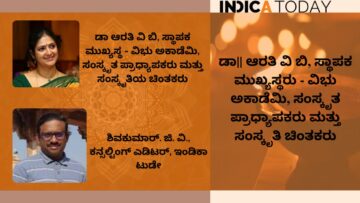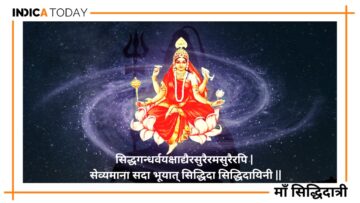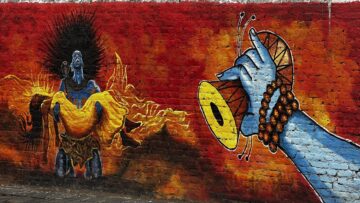Conference on Oneness: How “Neo” is Swami Vivekananda’s interpretation of Vedānta? A response to Prof. Anantanand Rambachan’s “Challenge” by Vinay Hejjaji. The paper was presented in the Conference on Oneness, jointly organized by Indic Academy and Chinmaya Vishwavidyapeeth (CVV) that was held in Chinmaya Eswar Gurukula, Adi Shankara Nilayam, Veliyanad, Kochi between 15th and 17th October, 2019.
In The limits of scriptures: Vivekananda’s reinterpretation of the Vedas (1994), Prof. Anantanand Rambachan argues that Swami Vivekananda‘s view on the Vedas and attainment of brahmajñāna is fraught with “inconsistencies”. According to Rambachan, Vivekananda was drawn to Western ideas of experience-based epistemology as he regarded the traditional stance of relying on śruti pramāṇa to be irrational. He asserts that Vivekananda‘s epistemological stance radically diverges from that of Traditional Advaita Vedānta and thus positions him as a Neo-Vedāntin. Finally, he poses a “challenge” to the “heirs of Vivekananda‘s legacy” to address the “inconsistencies” that he raises. These observations of Rambachan have greatly influenced the academia where Vivekananda‘s interpretation of Vedānta is doubted for its authenticity and hence labeled as Neo-Vedānta to distinguish it from traditional Vedānta.
Vinay Hejjaji shows that the claims of Rambachan and others like Dalal who build upon his ideas are based on a selective reading and out-of-context interpretation of Vivekananda‘s works. In an age when religion had become limited to giving “mental assent” to age-old beliefs and customs, when the Vedāntic ideals of sādhana and anubhūti were neglected, Vivekananda sought to revive them by calling for realizing religious Truths and not just believing them.
By comparing these views of Vivekananda with that of Shankaracharya and the greater tradition of Advaita Vedānta it will be shown that Vivekananda‘s insistence for realization over and above scriptural study corresponds to the traditional Advaita Vedāntic concept of aparokṣa jñāna. Based on these findings Vinay contests the label of “Neo-Vedanta” associated with Swami Vivekananda.
Disclaimer: The opinions expressed in this article belong to the author. Indic Today is neither responsible nor liable for the accuracy, completeness, suitability, or validity of any information in the article.






